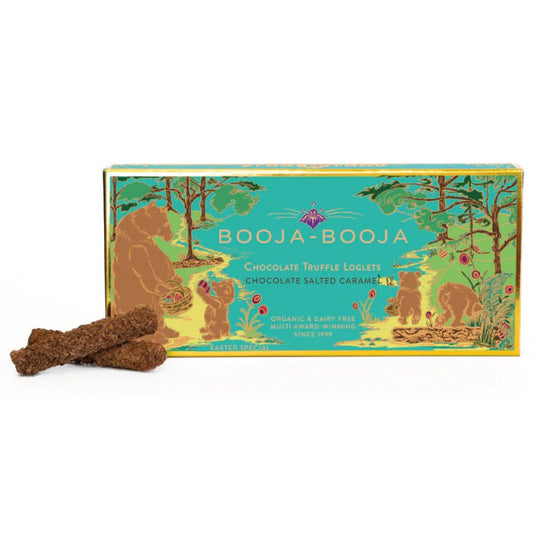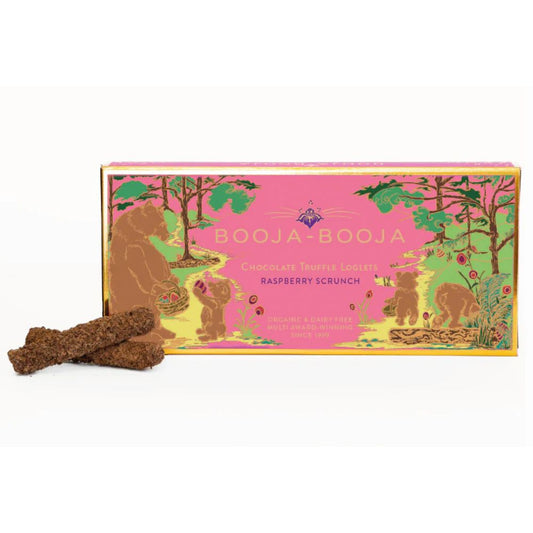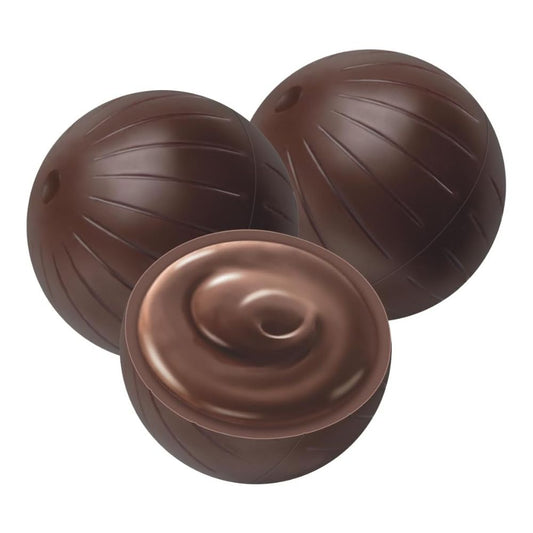
Essential oil diffusers bring lovely natural fragrances into our homes, as well as offer therapeutic benefits. But with various types available, it can be challenging to choose the one that aligns best with your needs and desires.
In this guide, we'll explore four main types of essential oil diffusers:
- Ultrasonic
- Nebulising
- Heat or Oil Burning
- Evaporative (such as Reed, Banksia Pod, Wooden blocks).
We look at the advantages and disadvantages of each to help you decide what is the best oil diffuser and air freshener for you.
Ultrasonic Oil Diffuser
How does an ultrasonic oil diffuser work?
Utilises ultrasonic vibrations to create a mist that disperses essential oils into the air; requires both electricity and water to operate.
At Biome, choose from Perfect Potion and Sol Aroma ultrasonic diffusers.
ADVANTAGES of an ultrasonic diffuser
Humidify the air
Ultrasonic diffusers not only disperse essential oils but also humidify the air simultaneously. This dual functionality can be beneficial, especially in dry environments, making this an attractive criteria for the best essential oil diffuser.
Affordability
These diffusers are often more budget-friendly, making them accessible for those looking for an economical option.
Ease of use
Widely available and user-friendly, ultrasonic diffusers are easy to operate, making them suitable for beginners.
DISADVANTAGES of an ultrasonic diffuser
Water dependency
Requiring water for operation, ultrasonic diffusers may dilute essential oils, affecting their potency.
Maintenance
Regular cleaning is essential to prevent molud or bacterial growth.
Nebulising Diffusers
How does a Nebulising oil diffuser work?
Atomizes essential oils into fine particles using the Bernoulli principle, dispersing a concentrated fragrance without heat or water, powered by electricity. Many people rate these as the best essential oil diffuser for the advantages below.
At Biome choose from several Amrita Court nebulising diffusers such as the Luna Ring Light.
ADVANTAGES of a nebulising diffuser
Preservation of therapeutic properties
Nebulising diffusers maintain the full therapeutic properties of essential oils, as they don't involve heat or water.
Intense aroma and enhanced therapeutic effects
The concentrated mist produced leads to a more potent aroma, contributing to enhanced therapeutic benefits.
No dilution with water
Unlike ultrasonic diffusers, nebulizers don't dilute essential oils, providing a pure aromatic experience.
Quick dispersal of aroma
Nebulising diffusers disperse essential oils rapidly, efficiently filling a room with the desired fragrance or therapeutic effects.
DISADVANTAGES of a Nebulising Diffuser
Oil consumption
One significant drawback of nebulizing diffusers is their higher rate of oil consumption. The device uses essential oils more quickly, leading to more frequent refills and potentially higher long-term costs.
Some oils can not be used
There are certain essential oils that can not be used in a nebulising diffuser. See more explanation at the end of this blog post.
Higher upfront cost
The initial investment for a nebulising diffuser may be higher compared to other types.
Potential overwhelming aroma
The intense aroma may be overwhelming for some individuals, especially those sensitive to strong scents.
Maintenance
Regular cleaning is crucial to prevent clogs and ensure optimal performance.
Oil Burning Diffusers
How does an essential oil burner work?
Heats essential oils using a candle or an electric heating element to evaporate and scent the room. The essential oil is usually diluted in water to stop it from burning; may require electricity.
ADVANTAGES of oil burners
Traditional pure method
When considering what is the best essential oil diffuser, oil burners provide a simple, traditional way to diffuse scents, appealing to those who appreciate time-honoured methods. When you burn a pure beeswax candle to heat the oil, it also helps to purify the air.
Made locally, simply
It is easy to find a ceramic burner that has been made locally by a small maker, whereas most ultrasonic and nebulising diffusers are made in China using lots of resources.
Affordability
Generally more affordable than electronic diffusers, making them accessible to a wide audience.
Aesthetics
The aesthetic appeal of burning essential oils can add to the overall ambiance of a space.
DISADVANTAGES of oil burners
Heat impact
Heat can alter the chemical composition of essential oils, potentially diminishing their therapeutic properties.
Limited control
Users have limited control over the intensity of the aroma, which may not suit everyone's preferences.
Fire hazard
The open flame poses a potential fire hazard, requiring careful use and monitoring.
Evaporative Diffusers (Reed Diffusers, Banksia Pod, Wooden Blocks)
How does an evaporative diffuser work?
Works by absorbing essential oils into a material like a wooden block or reeds, which then naturally evaporate and disperse the scent into the air without the need for electricity or water.
At Biome, find the very popular Banksia aroma pod diffuser.
ADVANTAGES of Evaporative Diffusers
No electricity needed
Operating without electricity or a heat source, reed diffusers align with a minimalist and sustainable lifestyle.
Long-lasting aroma
Reed diffusers provide a consistent and long-lasting aroma, requiring minimal attention.
Locally made
Look for diffusers such as the Banksia aroma pod that are made close to home.
Low maintenance
Minimal maintenance is needed, making reed diffusers hassle-free.
DISADVANTAGES of Evaporative Diffusers
Subtle scent
The aroma may be more subtle compared to other methods, potentially not meeting the preferences of those desiring a stronger fragrance.
Limited control
Users have limited control over the intensity of the fragrance, which may be a drawback for those seeking customisation.
Evaporation variability
The evaporation rate may vary based on environmental conditions, impacting the consistency of the fragrance.
What then is the best essential oil diffuser?
For those passionate about sustainability and natural wellness, the nebulising diffuser stands out as a top choice. While it comes with a higher upfront cost and faster oil consumption, its ability to maintain the therapeutic properties of essential oils without dilution aligns perfectly with a natural and wellness-focused lifestyle. The intense aroma produced by nebulising diffusers creates a soothing and invigorating atmosphere, making it the best choice for those seeking the full benefits of essential oils.
That said, an evaporative diffuser made from a banksia pod in Australia uses the least resources to make and use, and would be the best sustainable choice.
What essential oils can be used in a Nebulising Diffuser?
In general, most essential oils can be used with a nebulising diffuser. However, there are a few considerations to keep in mind:
Viscosity: Some essential oils are thicker or more viscous than others. While nebulising diffusers are designed to handle a variety of oils, extremely thick oils may pose challenges and could potentially clog the device. It's advisable to check the manufacturer's guidelines for any specific recommendations regarding oil viscosity. Clove oil is not suitable for a nebulising diffuser.
Resin-based oils: Essential oils derived from resins, such as myrrh or frankincense, may leave a residue in the nebulising diffuser over time. Regular cleaning and maintenance are essential when using resin-based oils to prevent potential clogs.
Carrier oils: It's important to note that carrier oils, which are often used to dilute essential oils for topical application, should not be used in nebulising diffusers. Nebulizers are designed to diffuse pure essential oils, and using carrier oils can lead to clogs and affect the functionality of the device.
CAUTIONS
Health considerations: If you have specific health concerns or conditions or are pregnant, it's advisable to consult with a healthcare professional before using essential oils in a diffuser.
Always follow the manufacturer's guidelines for your diffuser and be attentive to any specific recommendations they provide regarding certain essential oils.
MORE READING
Fragrance your home naturally with pure essential oils


































